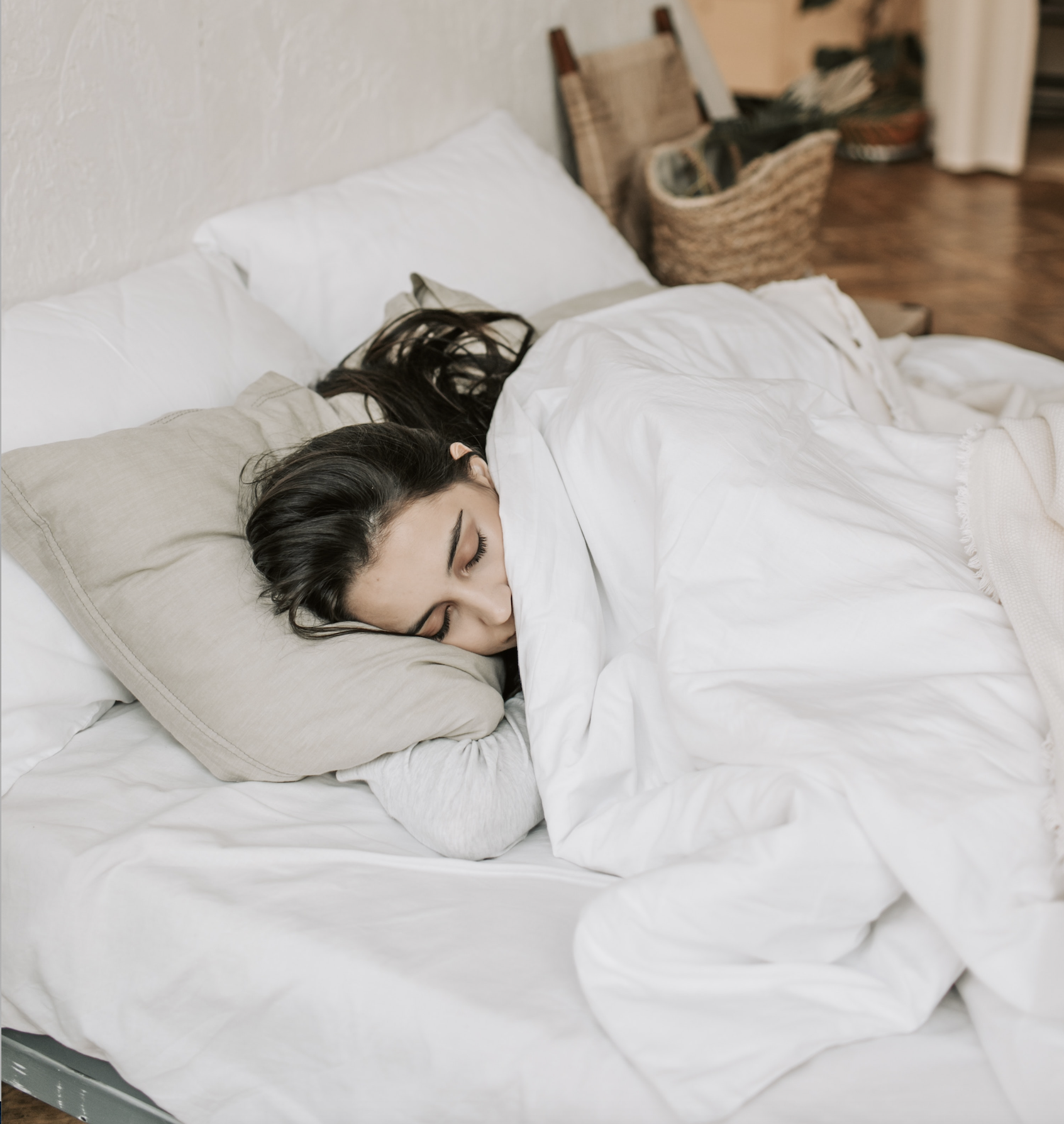Reformer Pilates and Sleep

Pilates and sleep
The Relationship Between Pilates and Sleep: Exploring the Benefits
In today’s fast-paced world, the pursuit of better sleep has become a priority for many. In between all sleep-enhancing strategies, one has gained attention for its potential benefits: Pilates. This article delves into the intriguing connection between Pilates and the quality of sleep, shedding light on how its practice may contribute to improved rest and overall well-being.
Pilates is a low-impact exercise method developed by Joseph Pilates in the early 20th century. It focuses on core strength, flexibility, balance, and body awareness. Pilates exercises can be performed using specialized equipment or simply with a mat, making it accessible to a wide range of individuals.
The Mechanism Behind Better Sleep:
- Stress Reduction: Pilates incorporates mindfulness and controlled breathing techniques, which can help reduce stress and anxiety – two common factors that interfere with sleep. By promoting relaxation, Pilates may contribute to better sleep quality.
- Improved Physical Condition: Regular Pilates practice can lead to increased muscle strength, flexibility, and overall physical fitness. This can potentially reduce discomfort and physical tension, making it easier to fall asleep and stay asleep throughout the night.
- Enhanced Body Awareness: Pilates emphasizes body awareness and alignment. Practitioners become more attuned to their bodies, potentially helping them identify and address sleep-disrupting issues such as poor sleep posture.
Research on Pilates and Sleep:
While there is limited research specifically focusing on the effects of Pilates on sleep, some studies have examined the broader relationship between exercise and sleep. These studies suggest that regular exercise, including Pilates, can positively influence sleep patterns, leading to better sleep duration and quality.
Incorporating Pilates into Your Sleep Routine:
For individuals interested in exploring Pilates to improve their sleep, it is essential to approach it as a long-term commitment. Consistency is key, as the benefits of Pilates may become more pronounced over time.
Conclusion: Pilates as a Potential Path to Better Sleep
In conclusion, Pilates offers a holistic approach to improving overall well-being, and its potential benefits extend to sleep. By reducing stress, promoting relaxation, and enhancing physical fitness and body awareness, Pilates may contribute to better sleep quality and overall sleep satisfaction.
It’s important to remember that individual responses to Pilates may vary, and it may not be a sole solution for everyone’s sleep issues. However, for those seeking a natural and non-pharmacological approach to enhance their sleep, Pilates is a promising avenue worth exploring.
As with any lifestyle change, consulting with a healthcare professional or certified Pilates instructor is advisable, especially if you have pre-existing medical conditions or concerns.